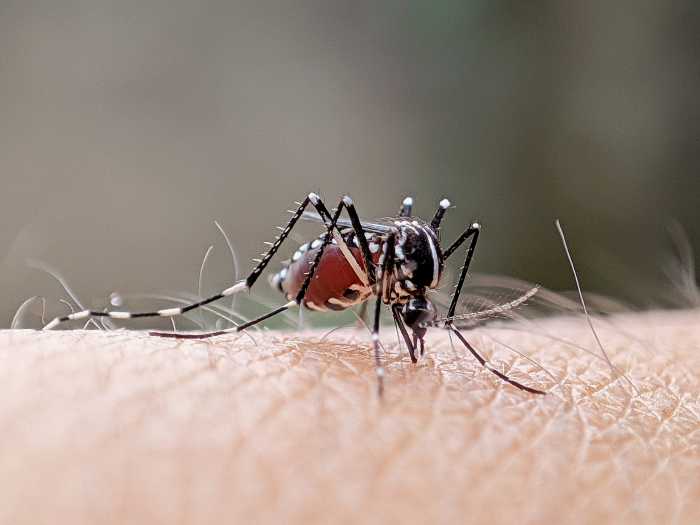Bullying the bullied?
Question: There is so much talk about bullying lately and I suspect that my 10-year-old son is a victim. I have even witnessed other kids talking to him in a way that I think is bullying. However, whenever I ask him about it, he just says he is fine and walks away. Should I leave it alone or pursue it further? – Darlene Sintece, Bayside
Answer: As you mentioned Darlene, bullying has come into the public eye recently and rightfully so. A large number of kids are suffering every day at the hands of their peers and this often leads to all kinds of mental health concerns as well as academic and physical health issues.
Often (25-50 percent of the time), a child that is being bullied will not tell adults either because he or she is afraid or embarrassed of the child doing the bullying, being accused of tattling, or doesn’t think the adult will take the concern seriously. On the other hand, it may be helpful to continue observing your child so that you can reach a level of certainty regarding the bullying.
Because your son is denying that any bullying is going on, obviously it would be very difficult to discuss with him why the bullying is happening or what to do about it. However, there are other things that you can do to help your son be more resilient in the face of bullying. Introduce your son to new friends and encourage him to pursue talents and activities that he is good at. Building his self-esteem can help counteract and prevent future negative effects of bullying.
To help you address this further, you might want to look into other supportive resources such as www.stopbullyingnow.hrsa.gov.
Dealing with SAD
Question: Every year when the cold weather starts and the days get shorter, I feel depressed. I don’t know why this affects me, but I have a hard time staying on my diet and in general feel down about life. Could this be connected to the winter, and if so what can I do about it? – Liza Dunsworth, Forest Hills.
Answer: Liza, as the winter months approach, this is not an uncommon experience, especially in areas that have colder climates. Sunlight has a positive effect on mood and therefore the decrease in sunlight that comes with the shorter days of winter can cause depression, lack of energy, and/or a craving for sweets and starchy foods. The clinical term for this is Seasonal Affective Disorder or SAD.
The most common treatment for SAD is called “Light Therapy”. Basically, the individual is exposed to a special kind of light for about 30 minutes a day to make up for the decrease in natural sunlight. Other treatments that can help include psychotherapy and medication.
My recommendation is that if you think SAD fits your experience; take the first step of learning more about light therapy. Cet.org is a website with a lot of useful information on this topic. As always, when you have concerns about your mental health, it’s a good idea to consult with a mental health professional.
Jacob Berelowitz, LMSW is host and executive director of Talk Therapy TV. Send your questions to Berelowitz at jacob@talktherapytv.org.



































